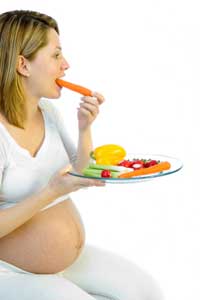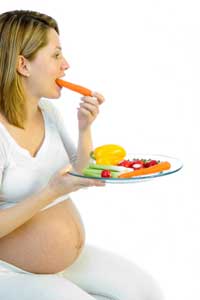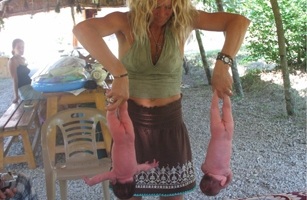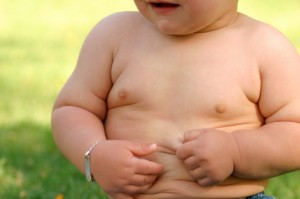By Emily Wade Adams, CNC for Natal-Nutrition.com
We’ve all heard the old adage, “You are what you eat.” This concept is even more important during pregnancy. Not only are you what you eat, but your baby is what you eat. As soon as conception occurs the embryo requires nutrients for developmental processes like cellular division and protein synthesis to occur. The baby’s growth and development are extremely rapid, and if the appropriate nutrients aren’t available when the baby needs them that part of its development will be abnormal or could even fail completely. With that in mind, it’s easy to see how nutrient deficiencies can seriously compromise your baby’s health.
While in utero, the baby’s nutritional needs take precedence, so it’s not uncommon for mothers to become nutrient deficient, too. Nutrient deficiencies can set you up for a more difficult pregnancy and postpartum period. Whether you want to prevent health complications for your baby or yourself, it’s imperative to get the best nutrition possible while you’re pregnant.
With its reliance on processed foods, which have had their nutrients refined away, it’s easy to see why the standard American diet lacks essential vitamins and minerals (Hudson, 2025). This is bad enough for everyday health, but it’s especially harmful during pregnancy, when many vitamin and mineral needs increase to account for the baby’s growing demands. For example, the RDAs for folate, magnesium, zinc and iron all increase during pregnancy.
Here are five tips to help you eat a nutrient-rich diet and ensure your baby’s optimal development: (more…)











